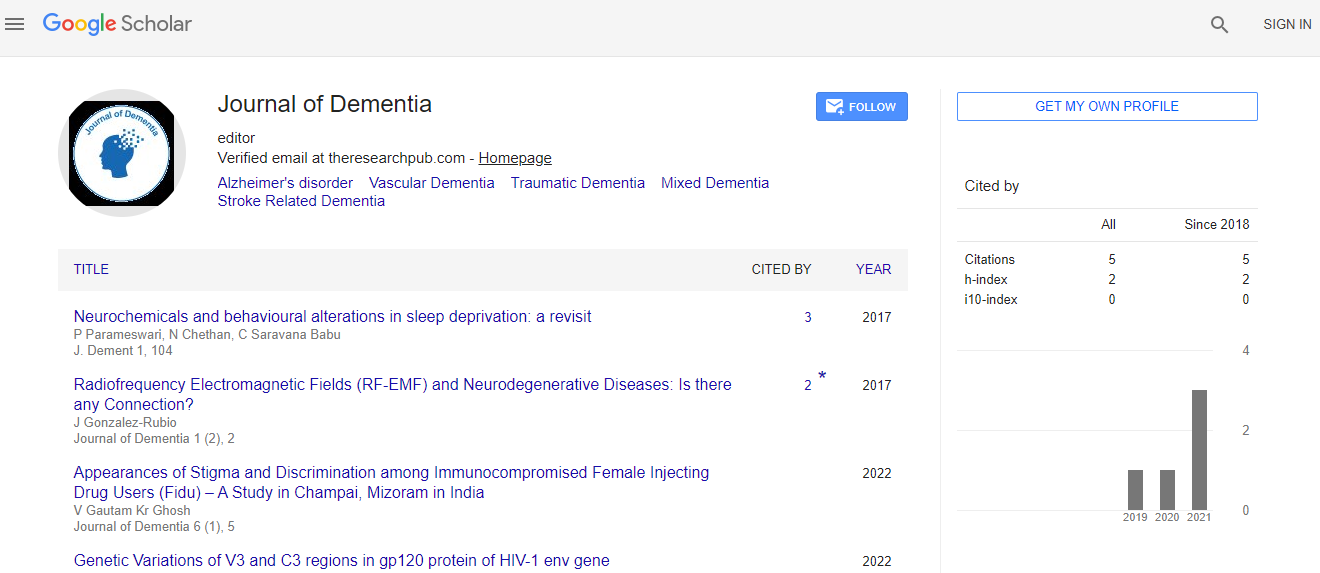DEMENTIA, SEX AND WELLBEING: Person-centred approaches and conversations
*Corresponding Author:
Copyright: © 2020 . This is an open-access article distributed under the terms of the Creative Commons Attribution License, which permits unrestricted use, distribution, and reproduction in any medium, provided the original author and source are credited.
Abstract
Our efforts to create services, relationships and environments which encourage and sustain “wellbeing” (Kitwood 1997) often miss an essential aspect of our humanity. That of our sexuality. How does the experience of cognitive and functional change associated with a dementia affect our most private and intimate selves? Living with a dementia brings with it not only changes in cognition, emotion, behaviour and self- confidence, self - esteem and fatigue, but also altered levels of libido, and functionality of genitalia. Given that the biggest sex organ is the brain, it is important to have an appreciation for how sexuality is affected by brain changes associated with a dementia. Within the care setting, as elsewhere, it is not an easy topic of conversation to navigate, especially if a current partner, adult children or elderly parents become involved. Ensuring an open, truly person-centred and wholistic approach to the most intimate yet most common means of human relating, self -affirmation and stress relief is essential to promoting wellbeing. How is living with a dementia influenced by age, ageism and sexual and gender discrimination of all types? An important aspect of adult functioning and relationships, sex receives the least attention as it is often seen as too ‘personal’ or ‘private’, ‘intrusive’ or ‘disrespectful’ to talk about to our ‘elders’ or our peers or juniors living with a dementia. This presentation will give an overview of the topic and demonstrate, through case studies based on the author’s experiences as a psychotherapist and trainer, how person-centred approaches and conversations can create new opportunities regarding sexuality, sensuality, intimacy and relationships that can initiate and maintain wellbeing, thus enhancing the lived experience of dementia.

 Spanish
Spanish  Chinese
Chinese  Russian
Russian  German
German  French
French  Japanese
Japanese  Portuguese
Portuguese  Hindi
Hindi 